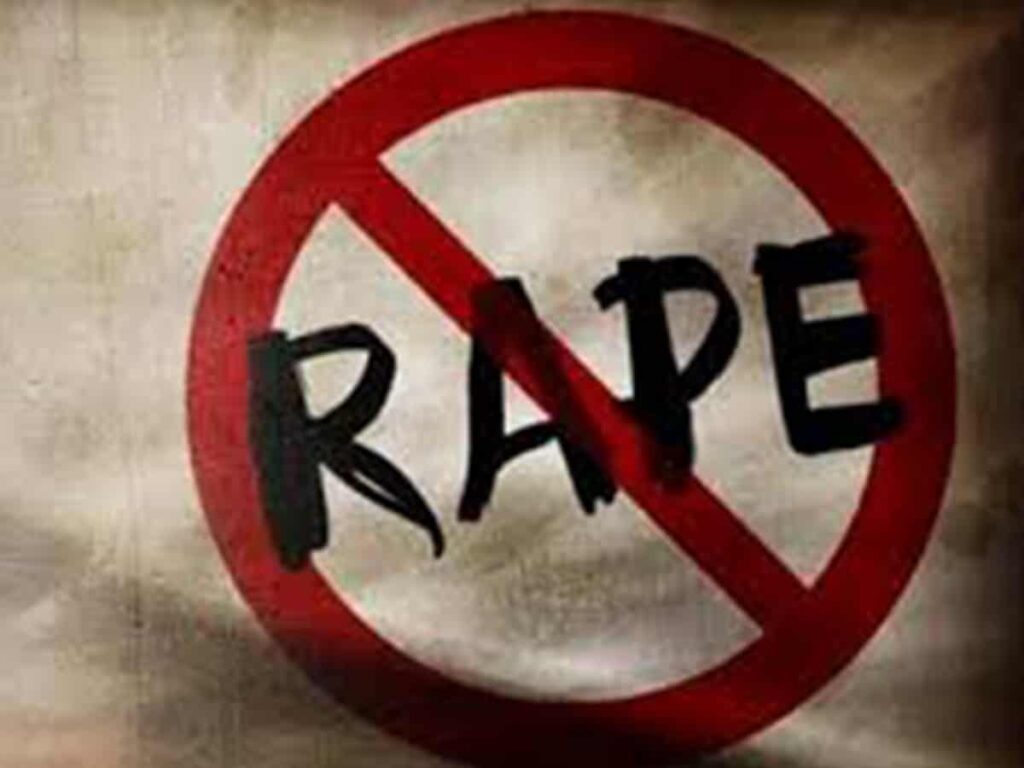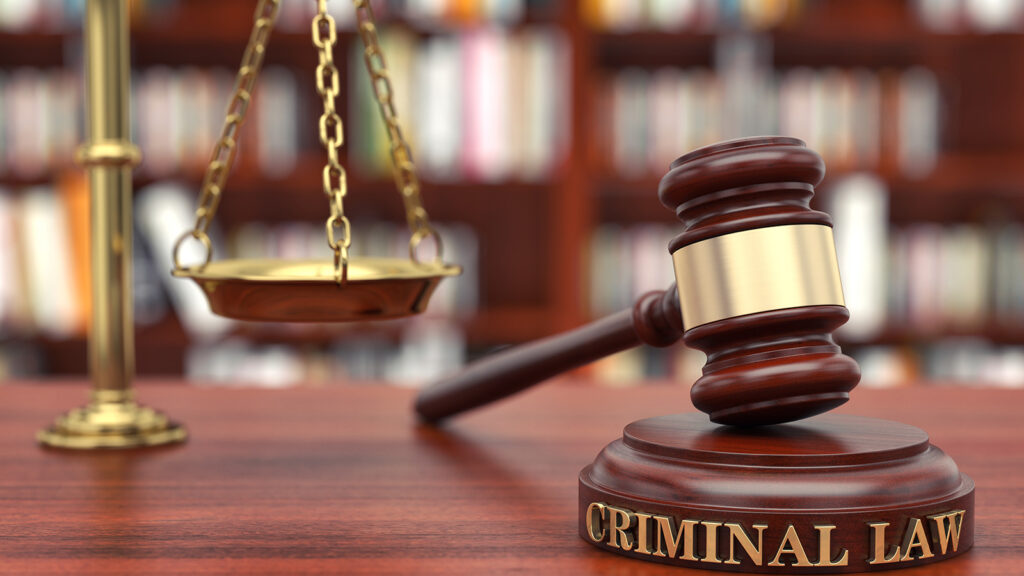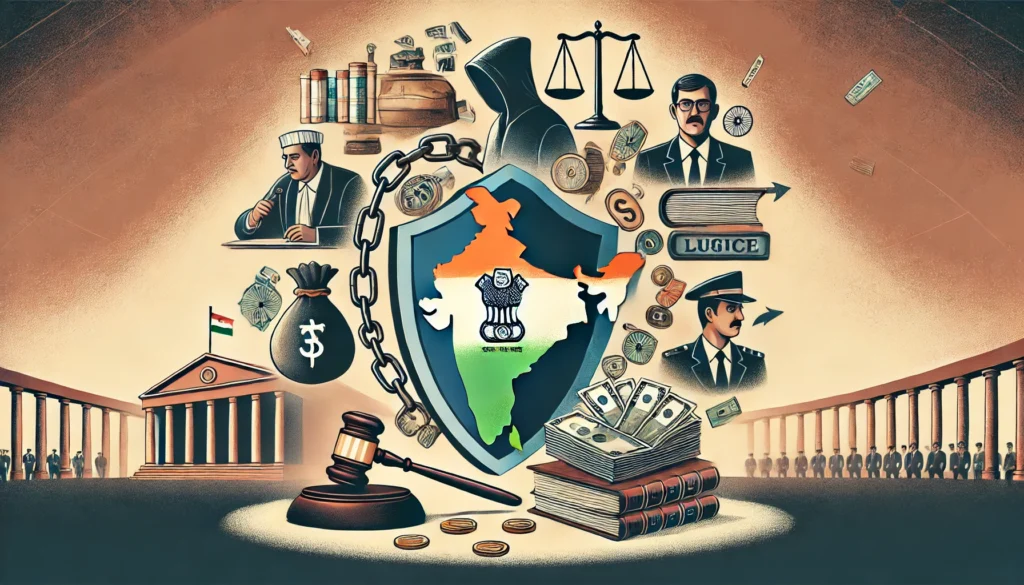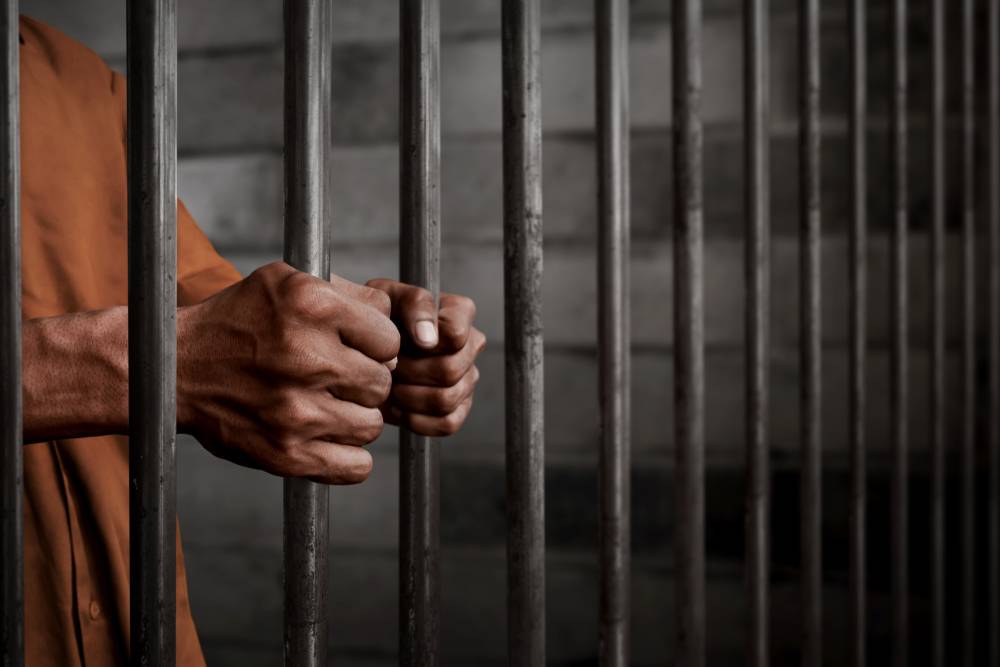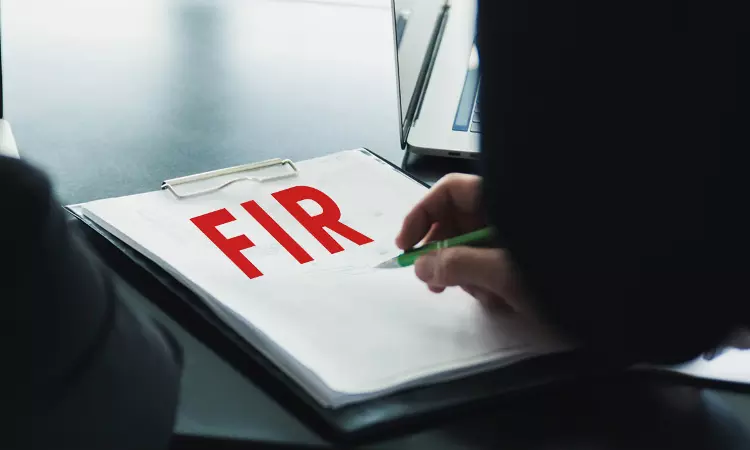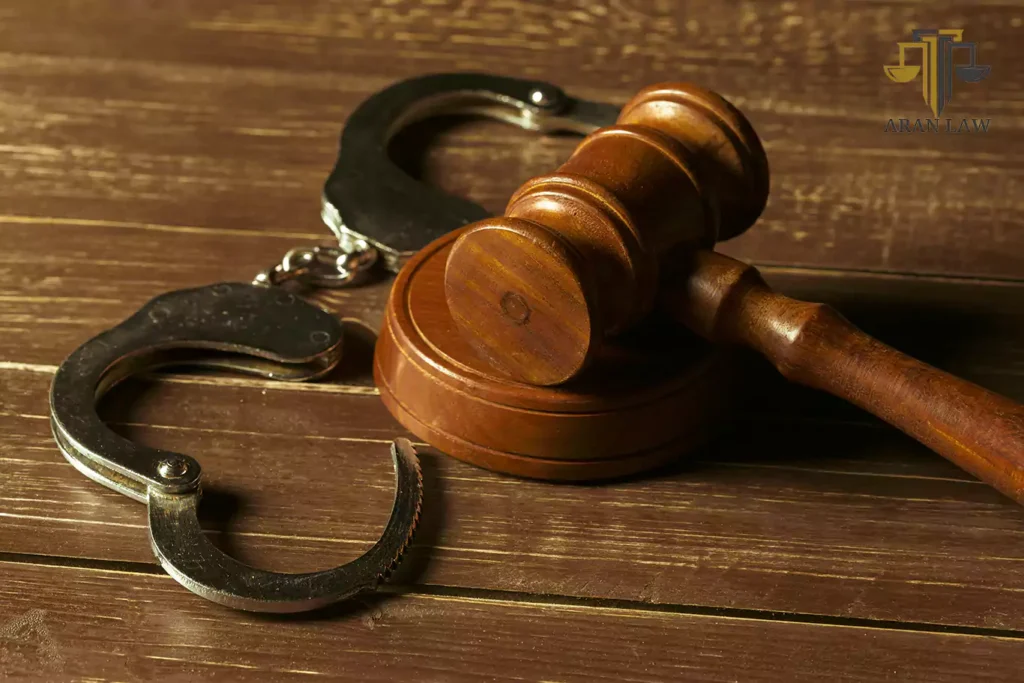Rape in India: Legal Definition, Punishments, and the Trial Process Explained
Introduction: Understanding Rape in India — A Serious Crime and Legal Offence Rape in India is one of the gravest crimes punishable under the Indian Penal Code (IPC). The law defines rape as non-consensual sexual intercourse or penetration under various circumstances, reflecting evolving legal standards and societal concerns. This expert guide explains the legal definition of rape in India, important punishments prescribed, the trial process, and key rights of victims and accused, providing clear answers to common questions. What is Rape in India? Legal Definition Under Section 375 IPC Rape in India is defined under Section 375 of the Indian Penal Code (IPC). The section states that a man is said to commit rape who has sexual intercourse with a woman under any of the following circumstances: Section 375 also explicitly excludes certain acts, such as sexual intercourse by a man with his wife if she is not under 15 years of age (though judicial developments have debated this exception extensively). The scope of rape in India was considerably expanded after the 2013 Criminal Law (Amendment) Act to include penetrative acts involving penis, objects, or any part of the body into the vagina, mouth, urethra, or anus, with or without consent. Punishments for Rape in India: Section 376 IPC The punishment for rape in India is detailed under Section 376 of the IPC: The law mandates strict sentencing to deter sexual violence and provide justice to survivors. The Rape Trial Process in India: Step-by-Step Overview 1. Filing FIR and Police Investigation A rape case begins with filing a First Information Report (FIR) at the police station. The police are obligated to register the FIR without delay, initiate an investigation, gather medical and forensic evidence, and record victim and witness statements. 2. Medical Examination Both the victim and accused undergo mandatory medical examinations. The victim’s privacy, consent, and dignity are paramount during this process. 3. Filing Charge Sheet Police submit a charge sheet with evidence to the court. If the evidence is insufficient, the accused may be discharged. 4. Trial Proceedings 5. Judgment and Sentencing Based on facts and evidence, the court delivers a verdict. If convicted, sentencing as per IPC provisions is imposed. If acquitted, the accused is discharged. Key Legal Protections for Victims in Rape Cases Important FAQs About Rape in India How ADSA Law Can Help You in Rape Cases ADSA Law in Ahmedabad specializes in criminal prosecution and defense related to sexual offences including rape. Whether you seek justice as a victim or require expert defense counsel, our experienced legal team provides comprehensive support for every stage—from investigation to trial. Contact ADSA Law for expert advice on rape law in Gujarat and India Conclusion Rape in India is a severe criminal offence with stringent laws designed to protect victims and punish offenders. Awareness about the legal definition, rights, punishments, and trial process empowers citizens to respond effectively to such crimes. Prompt legal guidance from experts like ADSA Law can make a critical difference to outcomes in these sensitive, impactful cases. External References
Rape in India: Legal Definition, Punishments, and the Trial Process Explained Read More »

